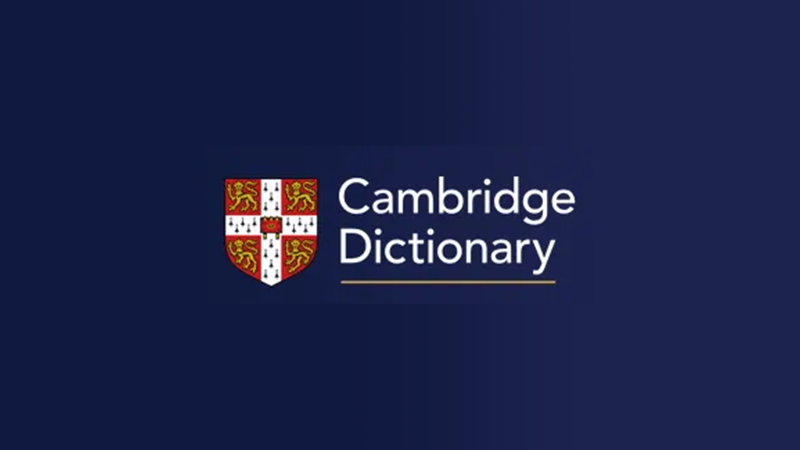Peers challenge Cambridge Dictionary over redefinition of ‘woman’

The redefinition of marriage has triggered other redefinitions. Members of the House of Lords have called on the Cambridge Dictionary to explain why it is redefining the word ‘woman’.
In a letter to the Times, 17 Peers including Baroness Deech, Lord Farmer and Lord Moylan said that the updated definition of ‘woman’ “sows confusion rather than giving clarification” and raises “more questions than it answers”.
The update, made in October, adds an extra definition of ‘woman’, so that as well as an “adult female human being”, a woman can also be “an adult who lives and identifies as female though they [sic] may have been said to have a different sex at birth”.
The Peers call on the dictionary to “ponder and perhaps publicly explain how it is possible to ‘live as female’”, and ask if it is a matter of wearing high heels or doing housework.
“The implication that there is a way to live ‘as female’ is a patronising, regressive and sexist trope that women have fought long to overcome,” they write, and not what they would expect to see “apparently endorsed” by the dictionary.
A Cambridge Dictionary spokesman defended the move as reflecting the changing use of language, saying that the definition is “one that learners of English should be aware of”.
Cambridge is not the first to make such a change. In 2020, American dictionary Merriam-Webster added a supplementary definition of ‘female’ as “having a gender identity that is the opposite of male”.
Definitions are not just academic. They have consequences. A Scottish court recently ruled that ‘sex’ in the law governing gender representation in the 2010 Equality Act includes people with a Gender Recognition Certificate, paving the way for female places on public bodies to be occupied by males.
What we are witnessing here is the creeping erasure of women in society. As the word ‘woman’ floats free of any anchor in objective reality, men are increasingly permitted to encroach on female spaces, to the detriment of women. The word itself becomes avoided as people use ridiculous terms like ‘uterus-havers’ and ‘menstruators’ to express their meaning, sowing confusion. This has all kinds of harmful consequences.
At C4M we keep our feet firmly planted on the solid ground of objectivity, and call on the Cambridge Dictionary and anyone else thinking of wandering off into the fog of subjectivity to do the same.
